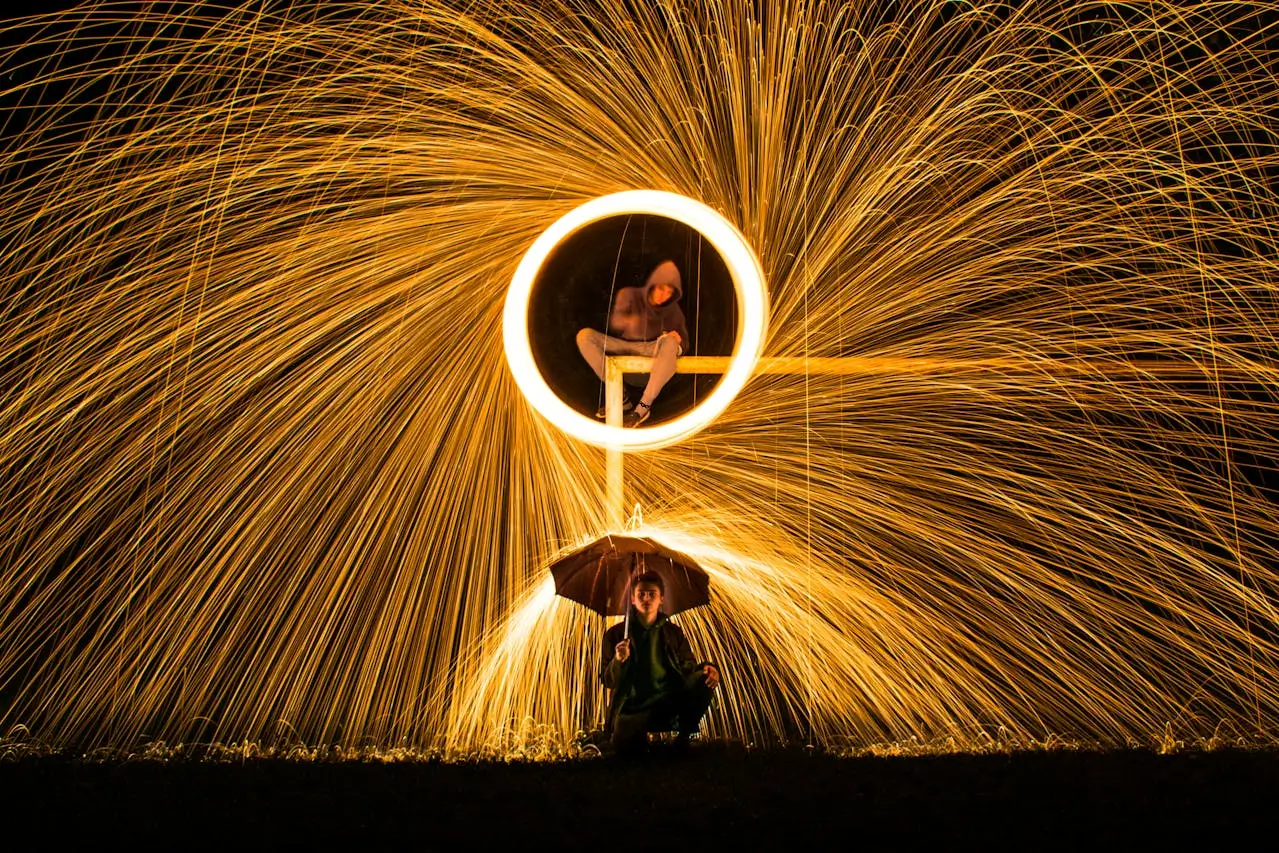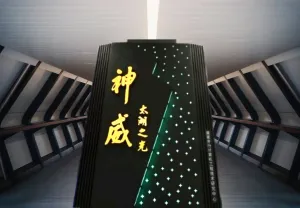Every culture has its storytellers, its record-keepers, its historians. But somewhere deeper in the human chain beneath the archivists, beneath the formal guardians of tradition live a quieter kind of protector. They are rarely acknowledged, rarely named, yet every community owes its memory to them. They are the Fire Keepers: people who preserve culture not through institutions, but through everyday rituals, stubborn habits, and a gentle refusal to let the old ways slip into silence.
Unlike official custodians of history, Fire Keepers do not choose their role. It is inherited, almost unconsciously absorbed from the atmosphere of their childhood. Each one comes from a family, a village, a lineage where something sacred was on the verge of being forgotten. A story that was fading. A recipe almost lost because the person who knew it never wrote it down. A song that only one elder could still hum. A ritual practiced by few and dismissed by many. Fire Keepers grow up around these fragile threads, and something in them feels the weight and the privilege of holding them.
It always begins quietly. A grandmother tells a child the same story every night, not because it is the only story she knows but because she fears that if she stops telling it, no one else will. She repeats the tale until the child can tell it back word for word not just the plot, but the pauses, the tone, the secret smile she gives when speaking of the heroes. The child does not understand the significance yet. They only feel the warmth in the room, the shimmer of the past coming alive in a bedtime ritual. Years later, when the grandmother is gone, the child will open their mouth to tell the same story and realize they have become its conduit. They have inherited a flame.
Or perhaps it is a father preparing a dish the way his own father taught him. He never uses measurements; he cooks by instinct. When he stirs the pot, he stirs memory — of a market stall from his youth, of a festival meal prepared during harvest season, of family gatherings before everyone scattered across cities and continents. When he finally teaches the recipe to his son or daughter, it is not just about ingredients. It is a way of keeping time. A way of honoring the hands that fed generations. A way of ensuring that identity remains nourished, even in places where the ingredients are hard to find or the flavors no longer match the homeland.
Then there are the Fire Keepers who preserve rituals small ones that shape the rhythm of daily life, and grand ones performed once a year. A mother who insists on lighting candles every year during a storm, repeating a prayer passed down from ancestors who feared the monsoons. An uncle who restores old tools, speaking of craftsmanship and pride as if teaching a philosophy. A cousin who memorizes the dance steps from childhood festivals, taking on the role of unofficial choreographer when younger kids need guidance. They keep the rituals alive not because they cling to the past, but because they understand how rituals anchor the present.
Fire Keeping is rarely glamorous. It often looks like stubbornness insisting on cooking the traditional dish even when a modern shortcut exists, keeping old objects that others would discard, speaking a language that fewer and fewer people use, keeping cultural gestures alive even when they no longer seem relevant. But to Fire Keepers, relevance isn’t the point. Continuity is. Connection is. Heritage is. Culture is not a museum piece; it is a living fire that needs tending.
Across generations, cultural fires weaken. Modern life fast, digital, distracted threatens the bonds that once held communities in shared meaning. Stories lose their flavor. Languages erode. Ceremonies shrink. People move away and transform, adopting new customs while leaving the old ones behind. Fire Keepers see this erosion and feel a subtle ache. They sense the danger of forgetting, the quiet urgency of preservation. Where others see “just an old song,” the Fire Keepers hear the heartbeat of ancestry. Where others shrug at losing a recipe, they understand that it is never just food it is history seasoned with survival. Where others see outdated customs, Fire Keepers see the architecture of identity.
Still, they are not trapped in nostalgia. Fire Keepers do not wish for time to reverse. They know cultures evolve, languages shift, and traditions mutate in the hands of new generations. Their role is not to freeze time but to ensure that the essence remains intact as culture transforms. They are stewards, not gatekeepers. They do not demand purity; they nurture continuity. The fire changes shape with every generation, but its warmth remains the same.
Consider the diaspora Fire Keepers people living far from their ancestral homeland. They are often the most dedicated guardians of culture because distance creates urgency. In foreign lands, they gather community members for shared meals, secretly carry spices from old countries, teach their children words from a language spoken only by a few. They rebuild fragments of home in unfamiliar places. They know that without a Fire Keeper, roots grow thin. They know that forgetting is easy when the world around you speaks a different tongue.
But Fire Keeping is not limited to genes or bloodlines. Sometimes a Fire Keeper is someone drawn to another culture, moved by its beauty, its meaning, its fragility. They learn the songs, practice the rituals, protect the stories, and treat them with reverence. Culture survives not only through ancestry, but through those who truly care.
Every culture’s survival is the work of countless invisible Fire Keepers some living, some gone, some remembered only through the traditions they protected. Humanity’s collective memory depends on them. Without them, entire worlds would vanish: languages would fall silent, recipes would disappear, stories would fade into oblivion, dances would dissolve into forgotten gestures. But as long as even one Fire Keeper remains someone willing to light the candle, hum the tune, recite the tale the culture endures.
In this way, Fire Keepers represent more than heritage. They embody responsibility. They remind us that identity is not inherited passively. It is preserved through action through the choosing, again and again, to remember. Every time they tell a story, cook a dish, speak an ancestral word, or pass on a ritual, the fire glows a little brighter.
And one day, someone younger will watch them perhaps without realizing and absorb the flame. A child will listen to the familiar tale and memorize its cadence. A teenager will help prepare the traditional food and internalize the instinct. A young adult will hear an old song and feel a tug, a connection, a duty. The fire will leap from one pair of hands to another.
This is how culture survives.
Not through monuments or archives alone, but through the quiet persistence of its guardians.
The Fire Keepers.
The memory holders.
The preservers of warmth in a world always at risk of growing cold.
Their work is not dramatic, not loud, not celebrated. But it is essential.
Because as long as they continue to tend the flame, humanity never truly forgets where it came from or what it stands to lose.








